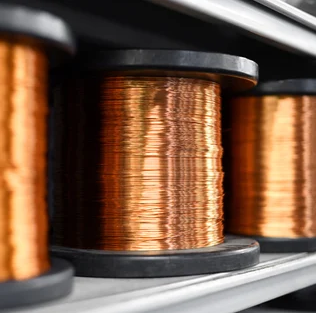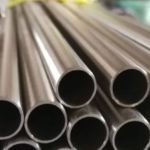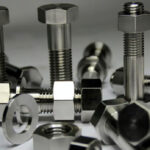Are you unsure whether to use copper or beryllium copper (BeCu)? We get it. Both are excellent metals, but choosing the correct one might be difficult.
This article cuts through the clutter to highlight the key distinctions you should be aware of.
We will not bog you down with complicated metallurgical terminology. Instead, we’ll break it down in simple terms so you can choose the best metal for your needs with complete clarity and confidence.
Electrical and Thermal Conductivity
Copper is the most effective conductor of electricity and heat. No other substance can equal its performance, since it received a perfect score of 100%. That is why copper is commonly used in wiring and electronics.
Beryllium copper is another excellent conductor. Although it is not as conductive as pure copper, it is extremely strong, making it useful in the metal industry. BeCu has one of the greatest conductivity ratings of any metal, ranging from 15 to 30%.
Hardness & Formability
Pure copper is renowned for its soft and flexible character. It bends without breaking and is straightforward to weld and solder.
Beryllium copper narrates a distinct narrative. BeCu, the strongest copper alloy, is very hard. It may be molded into strong, load-bearing components such as springs.
BeCu acquires its strength by precipitation hardening. This technique hardens the metal over time, resulting in long-term performance.
Another feature of BeCu is its unusual grain structure. Unlike brittle alloys, it may be produced both with and against the grain. This adaptability allows for complicated geometry.
Understanding the hardness and formability variations between copper and beryllium copper allows you to choose the material that best meets your product requirements, whether soft malleability for easy installation or strong, age-hardened strength for dependable performance.
Appearance and Applications
Beauty and the Beast? You might say that. Decorative copper is frequently used because to its eye-catching reddish glow. But the true beauty of BeCu resides under the surface, in its long-lasting characteristics, which allow it to shine in industrial settings.
While pure copper adorns buildings, jewelry, and art, modest BeCu silently performs the heavy lifting inside components that must survive fatigue, friction, and extreme temperatures. BeCu is a high-performance alloy that takes advantage of hardness, conductivity, and formability. It is ideal for demanding operations where strong accuracy is more important than appearance.




